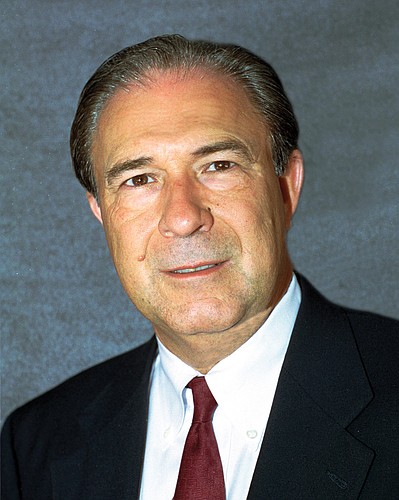- April 20, 2024
-
-
Loading

Loading

Manatee County School Board Chairman Harry Kinnan called the School Board to meet in executive session concerning collective bargaining March 19. Two board members, Julie Aranibar and Karen Carpenter, expressed reluctance to attend such sessions, and they share with others a concern that the School Board’s past practices in similar executive sessions may have made them parties to non-compliance with our Sunshine laws.
Concern for non-compliance arises from the limited nature of the Sunshine law Collective Bargaining exemption (F.S. 447.605(1)) which provides that only “discussions ... relative to collective bargaining” and only those between “the chief executive officer (superintendent) . . . or his or her representative, and the legislative body (the school board) ... shall be closed and exempt from the provisions of s. 286.011.”
“Collective Bargaining Executive Sessions” are sometimes called “dark sessions,” because they are held outside the “Sunshine” and, unlike “Shade Sessions” concerning litigation, no record or transcript of the meeting is required. “Shade Sessions” are exempted from the general Sunshine law requirements by s. 286.011(8).
“Dark Executive Sessions” are more vulnerable to abuse and post-meeting contention than “Shade Executive Sessions,” because no record of the proceedings is required to be made and thus no independent record available to later settle disputes as to what actually transpired during the executive session. Absent an independent record, neither the School Board nor the public can corroborate that the “Dark Executive Session” was conducted (or not conducted) in accordance with law.
The importance of this is that if the “Dark Executive Session” is not conducted in accordance with law — for instance, if the session wandered away from just discussing collective bargaining — the session loses its exemption from meeting outside the Sunshine, and those board members are violating the law and subject to criminal penalties. (This may have been the case with a Feb. 27 session, when apparently, the board members present discussed and made decisions regarding non-collective bargaining employees.)
Collective Bargaining (“Dark”) Executive Sessions are also significantly different form Litigation (“Shade”) Executive Sessions because the “Shade” — unlike the “Dark” — exemption law requires prior public notice be given of the names of those attending the session. Having this prior notice allows board members and the public to object if someone not authorized by statute has been invited to attend and further allows board members to decline attendance if their objection is not obliged. This is important because if an unauthorized person attends an executive session, the session loses its exemption from meeting outside the Sunshine, and those board members again are violating the law and subject to criminal penalties. (This may have been the case with a March 14 executive session, when board members unexpectedly found an insurance consultant present at the meeting.)
Our community and state would be well served if our Legislature aligned F.S. 447.605(1) with F.S. 286.011(8), so compliance with litigation and collective bargaining exemptions would be the same. However, until the Legislature makes those changes, our School Board, beginning now, can improve district operations by implementing the following two protocols as its practice and eventually adopt them as formal policies:
(1) At least three days before any Collective Bargaining Executive Session, notify all board members and the public of the names of invitees to the Executive Session.
(2) Audio or video record all Collective Bargaining Executive Sessions with all persons in attendance announcing their names. While the Collective Bargaining Sunshine exemption (F.S. 447.605(1)) does not allow for a court reporter to be present, this does not preclude the School Board from recording the session provided the recorder is operated by a person authorized to attend the session. Upon completion of the Collective Bargaining, a transcript of the executive session should be made and placed on the district’s website as the board is now doing with transcripts of executive sessions regarding litigation.
These protocols for Collective Bargaining Executive Sessions provide protections from abuse for both School Board members and the public.
Dave “Watchdog” Miner is a Bradenton attorney and member of the First Amendment Foundation Sunshine Brigade.